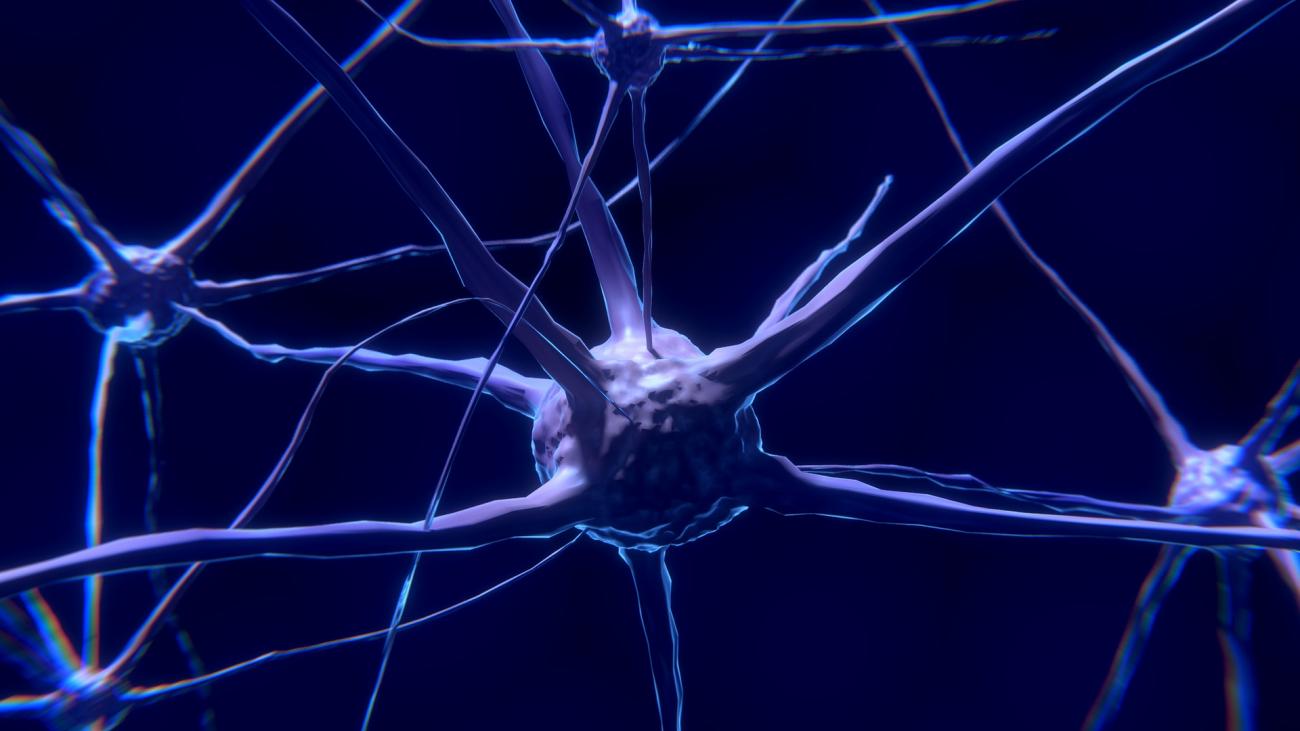Reverse-engineering physiological arousal and anxiety within extended amygdala circuits
Survival often depends on the decisions we make to avoid dangerous stimuli. When mammalian species are presented with a stimulus that represents danger, they can either face the danger or avoid it. Avoidance behaviors can be executed in a wide variety of scenarios and for a wide variety of reasons. When anxiety states are elevated – the likelihood of avoidance is higher. In humans, excessive avoidance is one of the hallmarks of anxiety disorders. However, another important feature in these disorders is the abnormal increase in rapid physiological arousal responses termed hyperarousal. My lab studies the neural mechanisms that mediate the hyperarousal states that emerge in many psychiatric disorders in mice as a model system. In addition, we are interested in how these circuits modulate motivated behaviors and cognition. To accomplish this, we employ a combination of in vivo calcium imaging and optogenetics together with histological approaches that allow us to dissect the neural circuitry of arousal and anxiety with single-cell resolution and genetic specificity. We are currently focusing on understanding encoding of arousal dynamics within extended amygdala circuits.
Dr. Jose Rodríguez-Romaguera is an Assistant Professor at the University of North Carolina at Chapel Hill.
NACS Seminars are free and open to the public.




